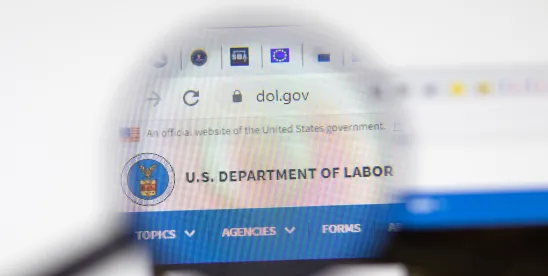Takeaways
- Even though we have the promise of a non-enforcement policy applying to the 2025 and 2026 deadlines of at least some provisions of the 2024 Final Regulations, the 2013 Final Regulations, the Consolidated Appropriations Act, 2021, and other MHPAEA requirements remain enforceable.
The Department of Labor (DOL), together with the Departments of Treasury and Health and Human Services) have decided to suspend enforcement of certain provisions of the nonquantitative treatment limitations (NQTL) final regulations issued in September 2024. Those regulations had been challenged in federal court by the ERISA Industry Committee (ERIC) last year, and the Departments’ answer to ERIC’s complaint was due May 12, 2025. In a motion filed May 9, 2025, the Departments instead asked the court to suspend the legal proceedings while they “reconsider the 2024 Rule at issue … including whether to issue a notice of proposed rulemaking rescinding or modifying the regulation.” The court granted the Department’s motion, to which ERIC had consented.
The Departments also said that they intend to issue a non-enforcement policy for the 2024 final regulations and to “reexamine” their current MHPAEA enforcement programs “more broadly.” The Departments conferred with ERIC regarding their draft non-enforcement policy and finalized it the same day that the motion was filed. While it was not part of the filing, the nonenforcement policy is expected to be issued by the Departments to the public soon. We will not know, until it is issued, what portions of the rule (with some provisions effective for 2025 and other provisions effective for 2026) still will be enforced, if any.
Regardless, it is important to note that the requirement to prepare a nonquantitative treatment limitation comparative analysis for each NQTL, as required by the Consolidated Appropriations Act, 2021, and other MHPAEA requirements (including those under the 2013 final regulations) remain in effect.




 />i
/>i

